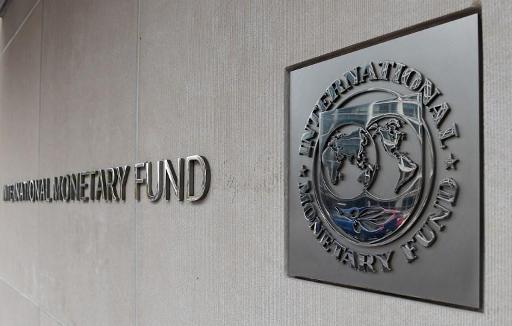The International Monetary Fund (IMF) is anticipating "the worst economic fallout since the Great Depression" as a result of the coronavirus pandemic.
"We are still faced with extraordinary uncertainty about the depth and duration of this crisis. It is already clear, however, that global growth will turn sharply negative in 2020," said IMF Managing Director Kristalina Georgieva on Thursday.
"We now project that over 170 countries will experience negative per capita income growth this year," Georgieva said, while three months ago the IMF projected growth for 160 of its member countries.
Related News
- Coronavirus: EU travel ban could extend until 15 May
- Coronavirus: 'Timing is crucial' in lifting lockdown
Emerging markets and developing countries are particularly at risk, according to Georgieva. These economies have seen portfolio outflows (money leaving the economy) of "about $100 billion—more than three times larger than for the same period of the global financial crisis," she said.
"We estimate the gross external financing needs for emerging markets and developing countries to be in the trillions of dollars, and they can cover only a portion of that on their own," she said. "They urgently need help."
The director has suggested a four-point plan for "building the bridge to recovery": First, continue with essential containment measures and support for health systems. Second, shield affected people and firms with large, timely, targeted fiscal and financial sector measures. Third, reduce stress to the financial system and avoid contagion. Fourth, even as we move through this containment phase, we must plan for recovery.
The IMF will lend up to $1 trillion to its member countries, spend about $100 billion on emergency funding applied for by over 90 countries so far, review the way it meets countries' financing needs and revamp its Catastrophe Containment and Relief Trust to provide immediate debt relief to low-income countries affected by the crisis, according to Georgieva.
UC Louvain’s Institute for Economic and Social Research (Ires) predicted on Tuesday that the Belgian economy was likely to shrink by nearly 4% this year, 22,000 Belgians could lose their jobs and there could be an increase of up to 35,000 job seekers.
Jason Spinks
The Brussels Times

